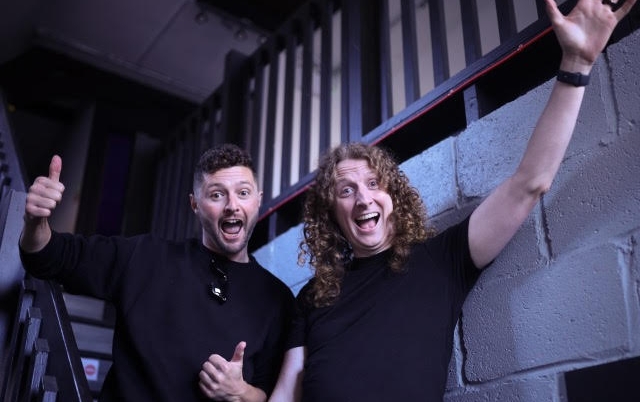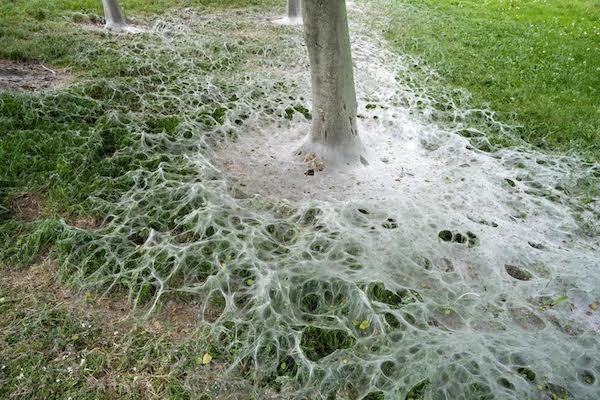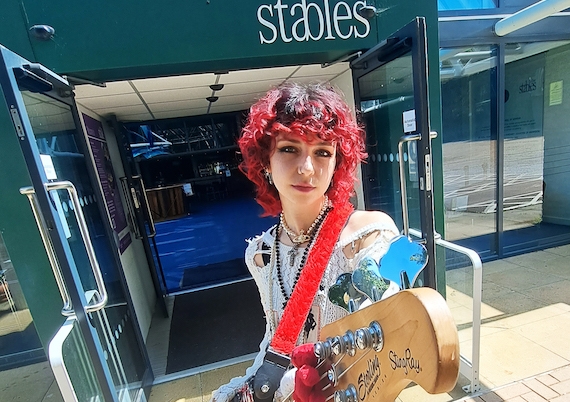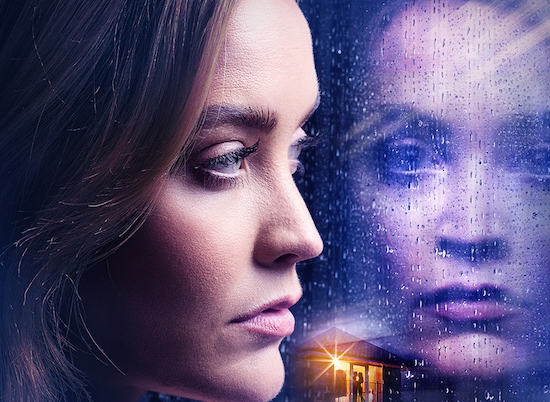You can’t help but be charmed by clever Christopher, the protagonist of multi award-winning National Theatre production The Curious Incident of the Dog in the Night-Time.
Christopher finds people difficult. He is irked by idioms, muddled by metaphors and baffled by body language. Ultimately, he is catastrophically confused by the chaos and uncertainty that unfamiliar people have the potential to bring to his painstakingly structured world.
Consequently, fifteen-year-old Christopher avoids strangers and has never left his quiet cul-de-sac in Swindon unaccompanied.
How brave, then, for this mathematically gifted teenager with behavioural problems to adopt the role of detective in a bid to solve a curious incident involving the murder of his neighbour’s dog.
Of course, the narrative might begin by focusing on a troubled boy seeking justice for a canine but the reality is that author Mark Haddon’s absorbing tale is about so much more than finding out who killed the dog.
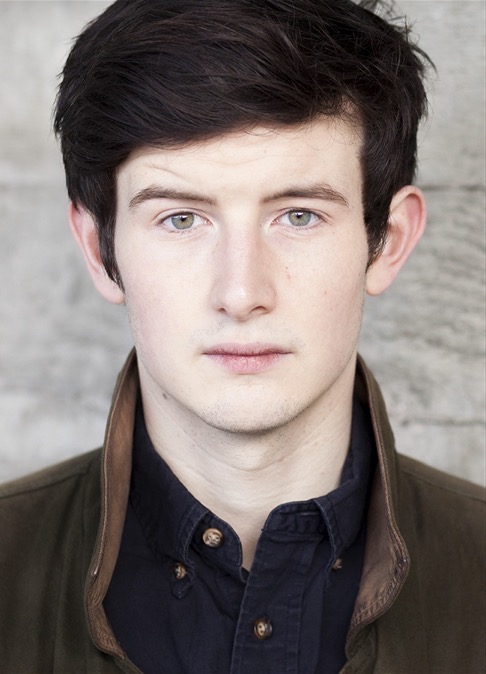
It’s about how we perceive and interpret the world around us. It’s about bravery. Family. Being an outsider. Understanding yourself. Understanding others. Christopher finds himself on a remarkable journey of discovery that ends up changing his life and, as readers and theatregoers, we are privileged to be part of that.
The novel was published in 2003. It shot to the top of the bestseller lists, scooped prizes aplenty and is now a set text for schoolchildren around the world. The play was written by Simon Stephens in 2008, at the request of author Mark Haddon.
Since it opened in 2012, it has gained a reputation as being a “must-see” production. And that is really not an exaggeration. The Curious Incident of the Dog in the Night-Time embodies everything that theatre is and can be. This is theatre at its very best.
Significantly, the best theatre begins with storytelling and Mark Haddon’s prose is pivotal within this play. We first meet Christopher John Francis Boone - who is aged “fifteen years and three months and two days” – as he crouches over a dog that has had a garden fork thrust through its back.
We are matter-of-factly informed that “the dog was dead” by Christopher’s teacher Siobhan. She reads the opening of Christopher’s (Haddon’s) book aloud to us and continues to return to the prose throughout the production. This play-within-a-play approach works brilliantly, making the most of the power of the novel itself. Haddon’s words demonstrably fuel the actors, enhancing the humorous and heart-breaking moments of onstage action.
Strong storytelling needs to be balanced with theatrical spectacle and The Curious Incident of the Dog in the Night-Time certainly achieves this. Visually, the production is mesmerising and gives a fascinating insight into how Christopher’s unique mind works. The minimalist set consists of a huge box of black squares spread across the back and sides of the stage.
These squares are dramatically lit and intermittently opened to reveal drawers and cupboards from which props are retrieved. Essentially, designer Bunny Christie has found an ingenious way to illustrate the compartmentalisation Christopher utilises in his logical, literal and direct way of thinking.
Images, equations and numbers are projected onto the walls of black squares to depict Christopher’s whirring thoughts. They are perhaps employed to greatest effect during his time on the London Underground. Everyone who has ever used this mode of transport will have likely experienced some form of claustrophobia, panic or discomfort at some point so we can empathise to a certain extent with how Christopher experiences this environment. Indeed, throughout the production, the projections combine with flashing lights, a relentless electronic score and rhythmically undulating physical movement to draw us into Christopher’s way of seeing his surroundings.
Fundamentally, we are given a glimpse of the ordinary world through the point of view of a boy with an extraordinary mind.
Scott Reid is phenomenal in the extremely demanding role of Christopher. In the whole two-and-a-half-hour-long show he only leaves the stage during the interval.
The character has complex passages of speech, intense interactions with the rest of the cast and physically-challenging feats to accomplish. For example, one moment he is delivering an elaborate description of what precisely it is about space that interests him, the next he is being thrown around by the ensemble like an astronaut.
As the evening progresses, the sweat visibly drips off Reid’s forehead and the air around him becomes wet from the force with which he is speaking. By the standing ovation, all I could think was “wow” – and that was before his exuberant mathematical encore (when Christopher ecstatically explains an equation) at the very end of the evening.
David Michaels emotes the despair and frustration of a parent who is scared for his beloved child, as Christopher’s father Ed. He is clearly desperate to protect Christopher because the boy is so out-of-place growing up with an Autism-related condition in an unforgiving world. Nonetheless, the underlying exasperation Ed feels is also palpable in Michaels’ performance.
Lucianne McEvoy plays Siobhan – a teacher who is almost Christopher’s surrogate mother at times - with careful compassion. Meanwhile, the ensemble performers adopt a variety of entertaining personas with ease. In fact, it is something of a surprise to see so few cast members gathered together for the curtain call!
The Curious Incident of the Dog in the Night-Time is about someone who is an outsider and it will encourage you to see the world differently and question things you thought you understood. As a piece of theatre, it combines strong storytelling with stunning spectacle and the cast includes memorable main characters, four-legged critters, and a talented ensemble. The staging and look of the production is astounding and the prose from the novel remains of critical importance.
A “must-see” indeed!
Review by Georgina Butler
The Curious Incident of the Dog in the Night-Time continues at Milton Keynes Theatre until Saturday, September 16 2017.
For more theatre and dance reviews, news, features and interviews by Georgina visit https://georginabutler.co.uk/ and follow her on Twitter @GeorginaLButler.
> Never miss leisure news in Milton Keynes - Follow us on www.twitter.com/thisistotalmk
And on Facebook: www.facebook.com/thisistotalmk








